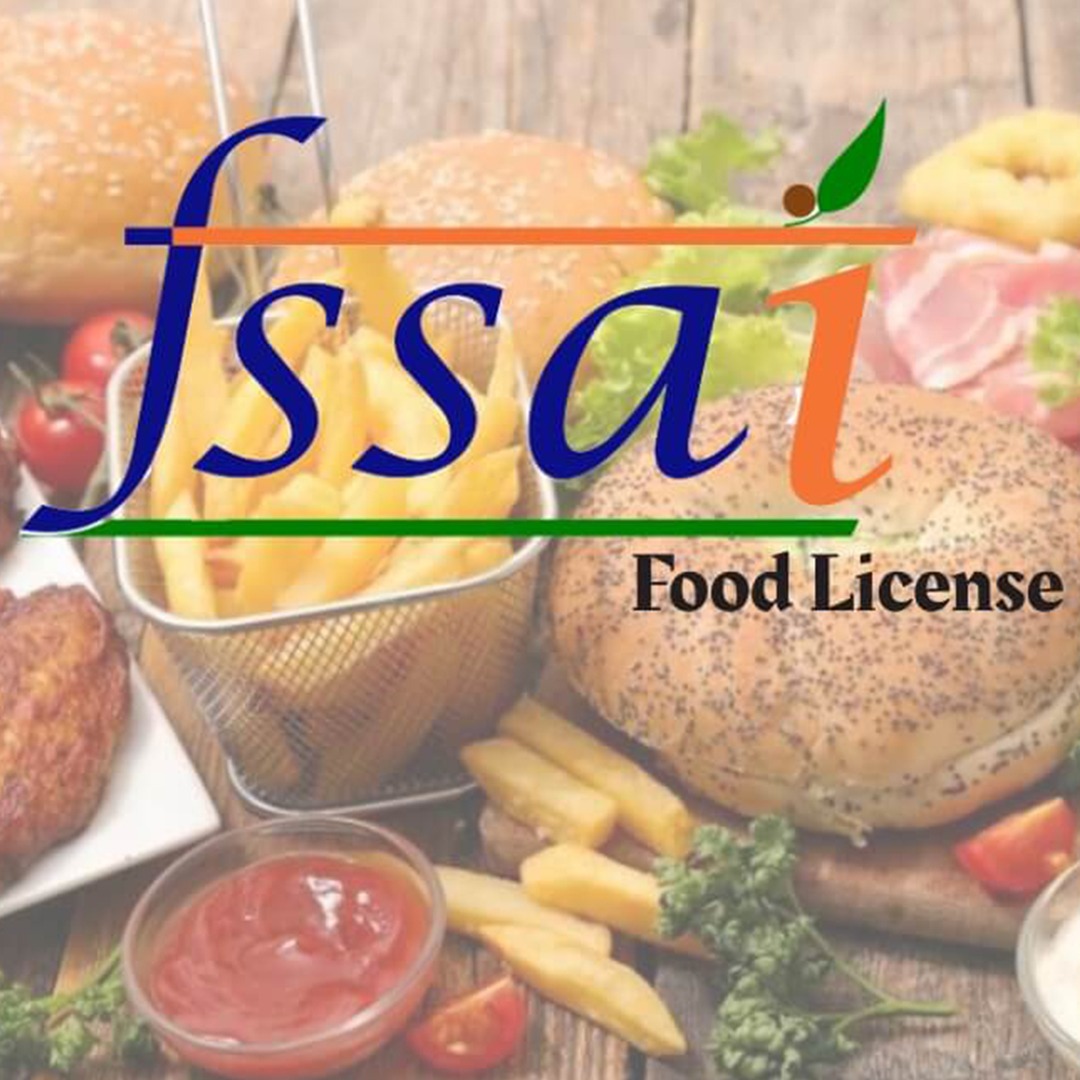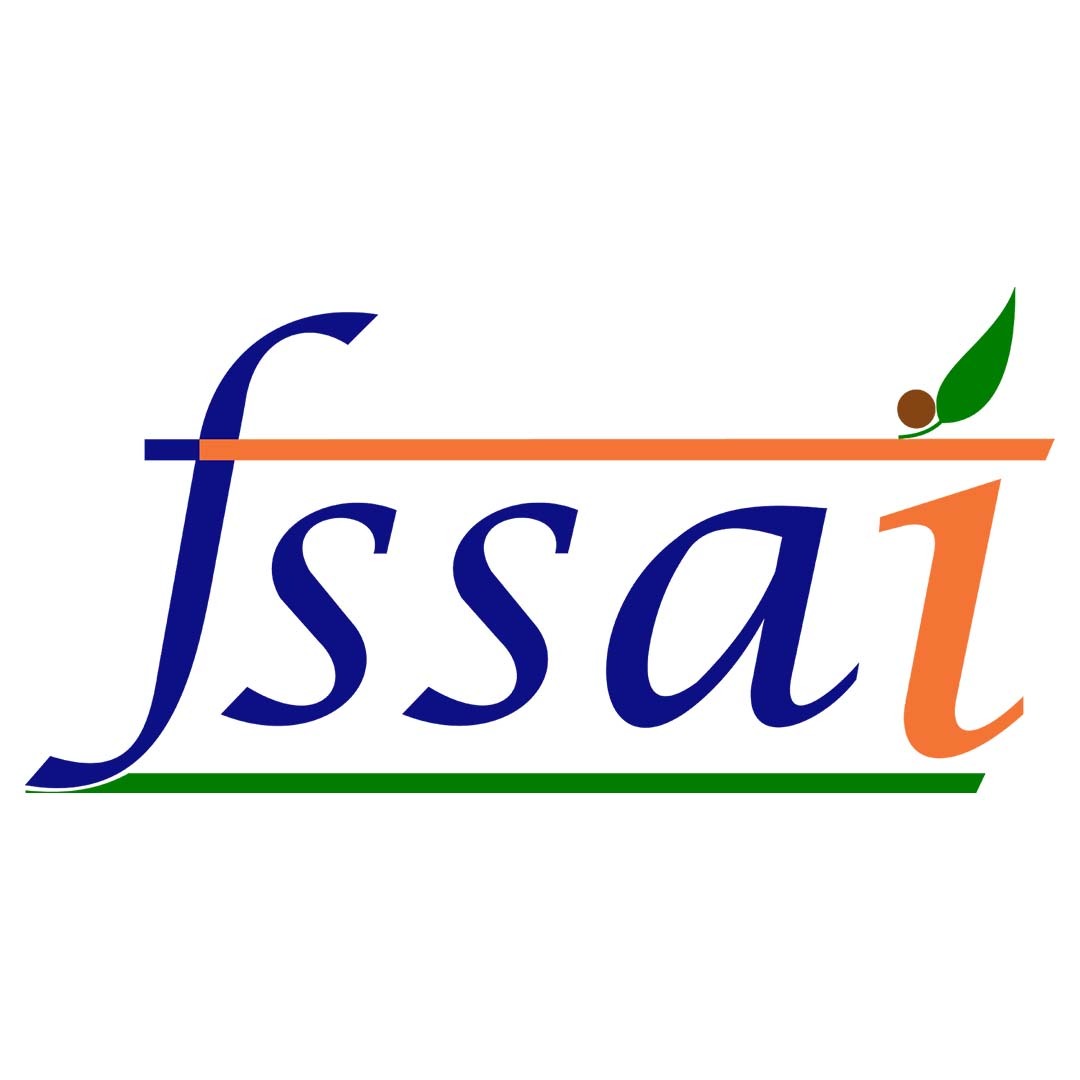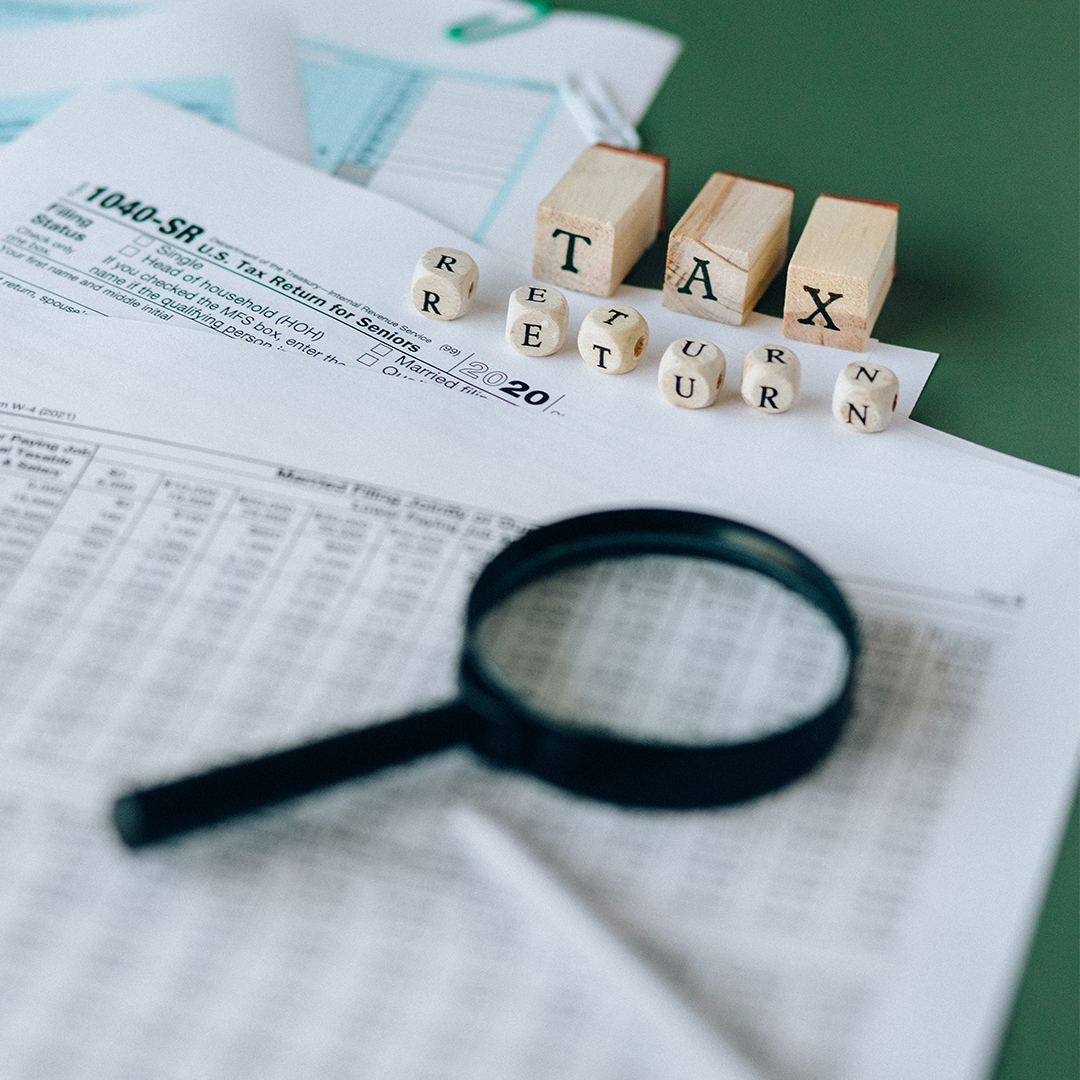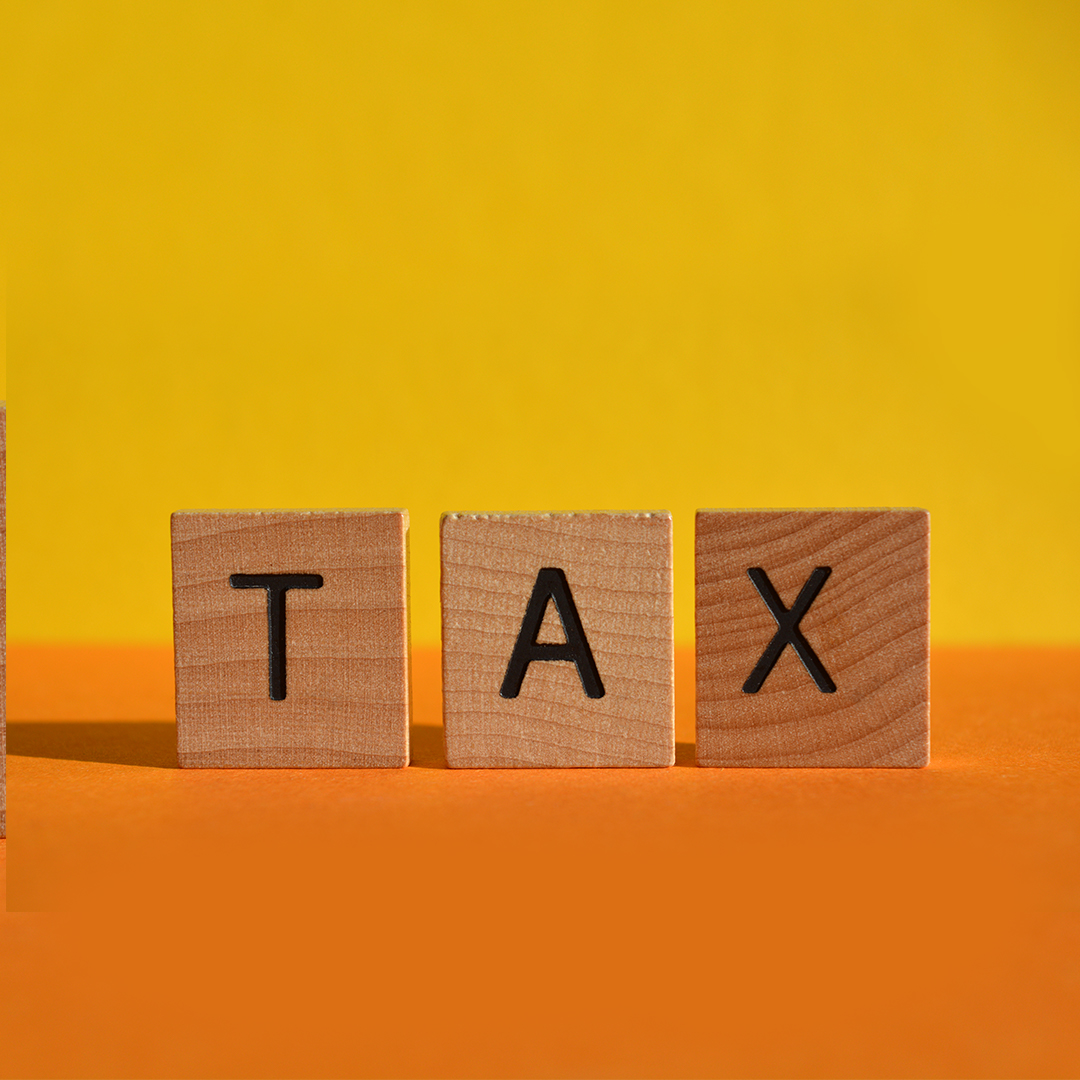Tips to Avoid Delays in FSSAI registration
Due to the ongoing pandemic, the FBOs Food Business Operators are facing major issues regarding FSSAI registration. They are not able to meet regular compliance for startups. Additionally, the FBOs are facing a huge delay in getting an FSSAI license or FSSAI registration. Some of them are not able to renew their existing FSSAI registration for an FSSAI license.










